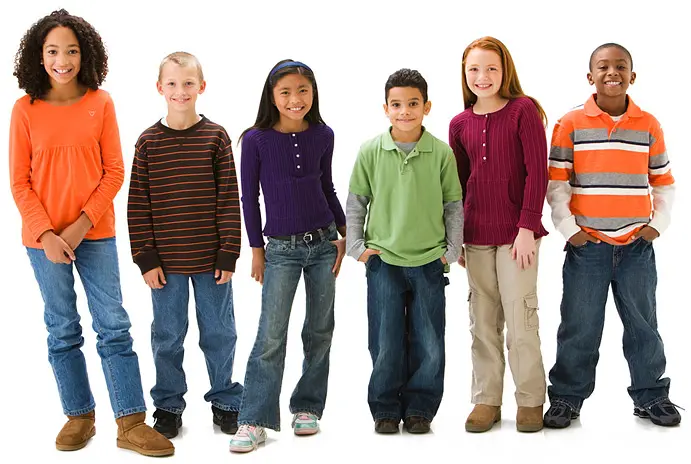About school-age educare
Engelska (ENG)
School-age educare is for pupils between the ages of 6 and 13. It is open before and after school and during school holidays. School-age educare is intended to provide children meaningful recreational activities when their parents are working or studying and the children are not in school. School-age educare is often called “fritids” in Swedish.

School-age educare complements school
School-age educare complements the education provided in preschool class and school up to Year 6.
Your child can attend school-age educare before and after school and during school holidays. School-age educare is open year-round, except for Saturdays, Sundays and major Swedish public holidays. The opening hours of school-age educare can be adapted to parents' working hours or studies and to the needs of the pupils, but educare is only open during the day.
School-age educare centres usually work in partnership with schools. For example, they may share some of the same staff and facilities. The school-age educare centre and the school also work together to support the development and learning of the pupils.
About school-age educare activities
Activities at the school-age educare centre are regulated by the Education Act as well as the section on school-age educare set out in the curricula for compulsory school, Sami school and compulsory special needs school.
School-age educare is intended to stimulate your child's development, deepen their knowledge and experience, provide meaningful recreational activities, and enable social interaction. This means that care, development and learning form a whole in school-age educare.
The education provided at school-age educare should build on children's desire to learn and be based on their needs, interests and experiences. School-age educare centres should also inspire new discoveries. The staff should adapt the learning to the different abilities of the pupils.
Pupils should be given the opportunity to learn about democracy, influence and responsibility in practice. Play, movement and creative activities are important.
Pupil groups must have an appropriate composition and size, and the school-age educare centre must offer pupils a good environment.
Chapters 1–6 and 14 of the Education Act, Riksdag website
Curriculum for school-age educare, skolverket.se
Getting a place in school-age educare
Municipalities are required to offer school-age educare to pupils from the age of 6 until the spring semester of the year the turn 13. Your child has the right to attend school-age educare if you, as a guardian, have work or studies. Your child is also to be given a place if they have a special need due to their family situation in general. Examples of a special need include your family having a mother tongue other than Swedish or living in a sparsely populated area. Your child should also be given a place in school-age educare if they need special support in their development in the form of school-age educare for physical, mental or other reasons.
Your child must be offered a place in school-age educare as soon as it is established that there is a need. School-age educare must be provided at or near the school unit where your child attends school.
The procedure for applying for a place in municipal school-age educare depends on which municipality you live in. Contact your municipality for information on how to apply. If your child attends an independent school and needs to attend school-age educare, contact the school to find out how to apply for a place.
Fees
Your municipality is allowed to charge a reasonable fee for your child to attend school-age educare. The amount of the fee depends on your income as a guardian. All municipalities use a maximum fee system, which means there is a cap for how high the fee may be for different families.
Open educare activities
The municipality may offer open educare activities for pupils between the ages of 10 and 13. Open educare activities are sometimes called recreation clubs (fritidsklubb). Open educare activities are group-based educational activities for pupils in Years 4–6. Attendance in this form of educare is voluntary. The activities are intended to supplement education in compulsory school and equivalent school forms, i.e. compulsory school for pupils with intellectual disabilities, compulsory special needs school and Sami school.
Children taking part in open educare activities do not receive the same level of care and supervision as in the school-age educare system. However, they give the children the opportunity to develop and learn, and to take part in meaningful leisure and recreational activities.